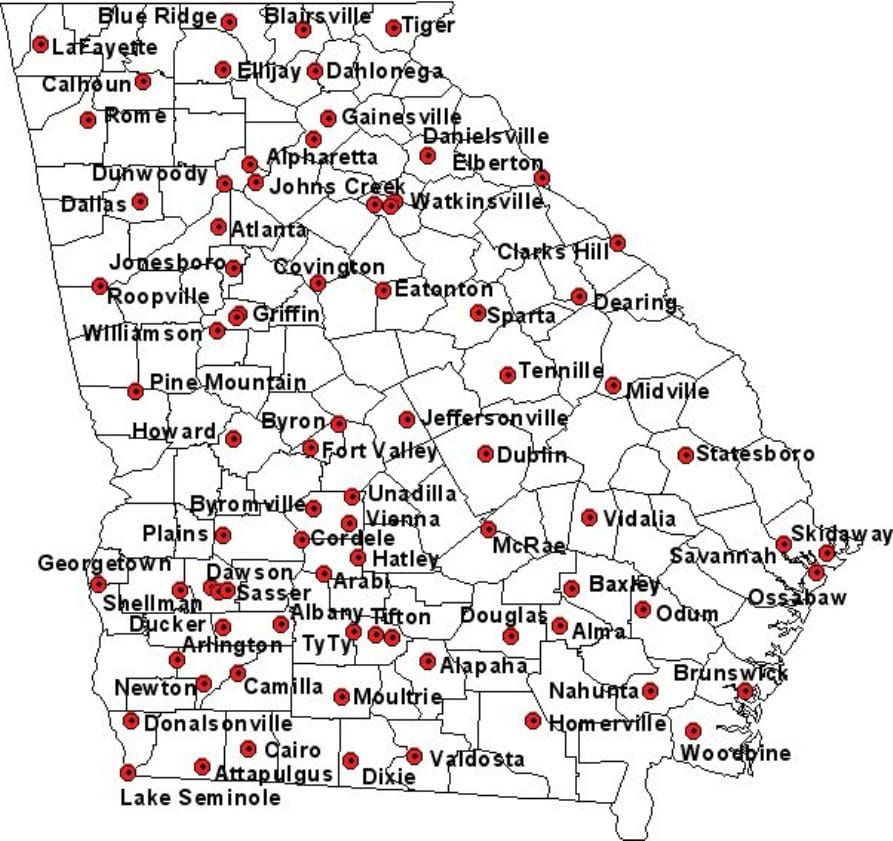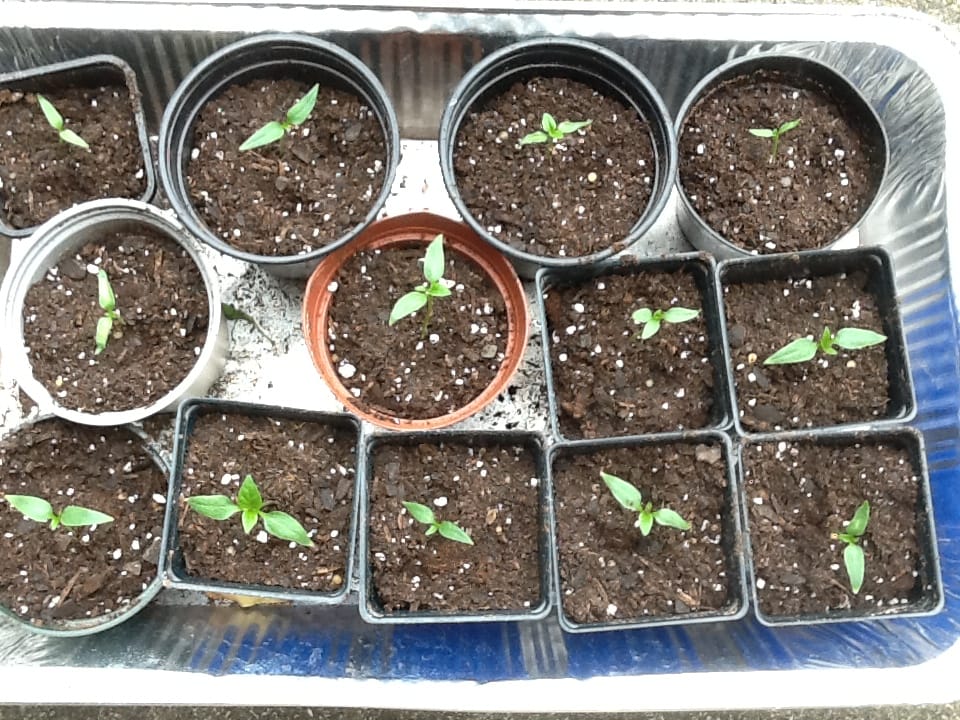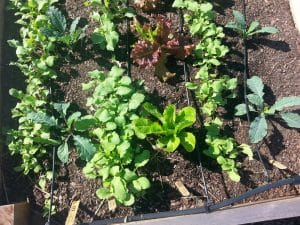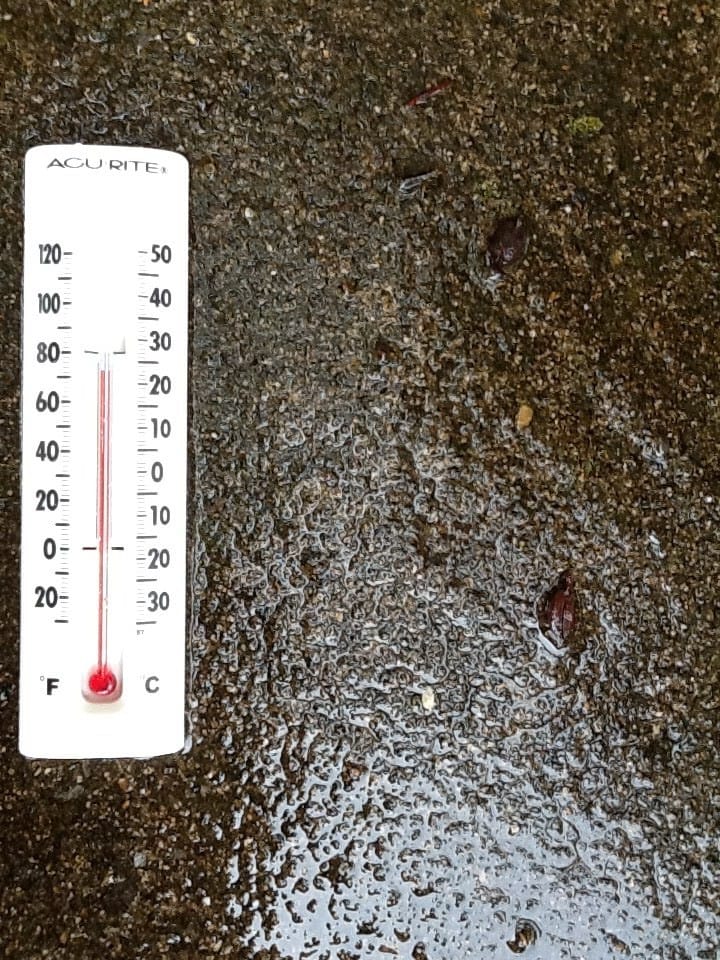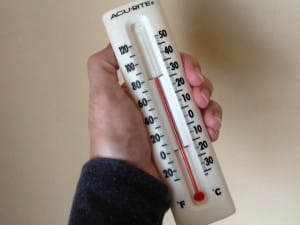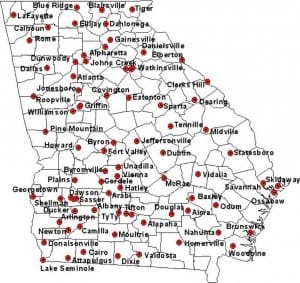With the recent warm temperatures it is easy to be seduced into planting your summer crops now. It is tempting to plant our vegetable transplants and seeds; we can’t wait for that first juicy tomato are a crunch pepper! Be aware that soil temperatures are very important for success with your early summer plantings.
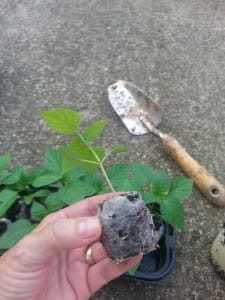
Soil temperatures need to be 60-65 degrees F and rising at the 4 inch soil depth before you plant your summer crops.
If you install a transplant too early the roots won’t grow and the plant will just be sitting in the soil. If we have a large amount of rain, which seems to be the norm this year, your new plant will just be sitting in wet soil. This could mean early disease issues.
This morning the Blairsville weather station, near my home, indicated a 4-inch soil temperature of 44.1 degrees F. Dallas reported a 4-inch temperature of 47.2. In Griffin the 4-inch soil temperature was 50.9 degrees F while Tifton reported 56.3 degrees F. It is too early to think about tomatoes and peppers!
If the soil temperatures are not warm enough for seed germination, early seed plantings could rot.
The roots need to be actively growing to absorb water and nutrients.
If we plant and fertilizer summer vegetables too early we will be wasting fertilizer. The plant roots simply can’t absorb it. This fertilizer could get washed away, wasting your time and money. Also, this leached fertilizer could be problematic for our watersheds.
Determine your soil temperatures.
To determine your soil temperature at the 4 inch depth visit www.georgiaweather.net. Click on the station nearest your garden. Or, you can see a summary of soil temperatures across the state.
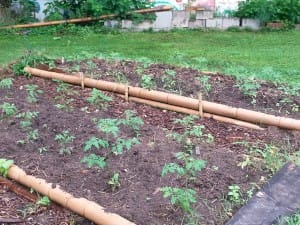
Remember the rule of thumb is play it safe and wait!
Happy Gardening!
